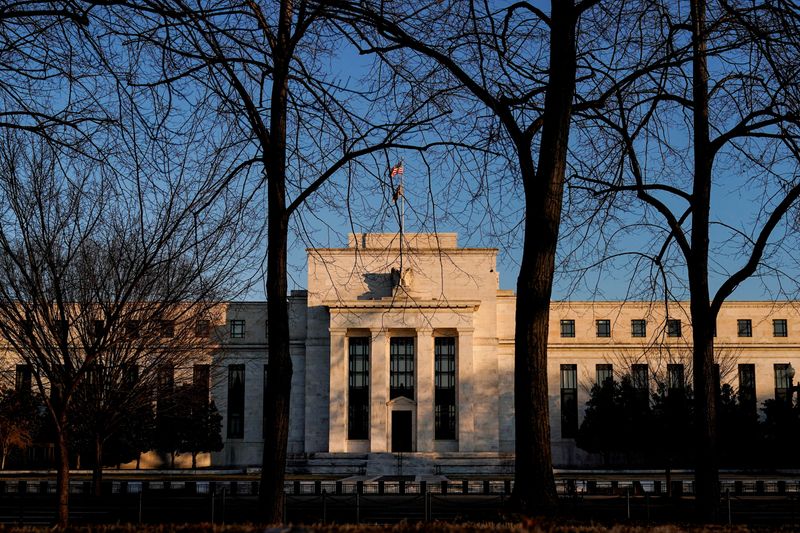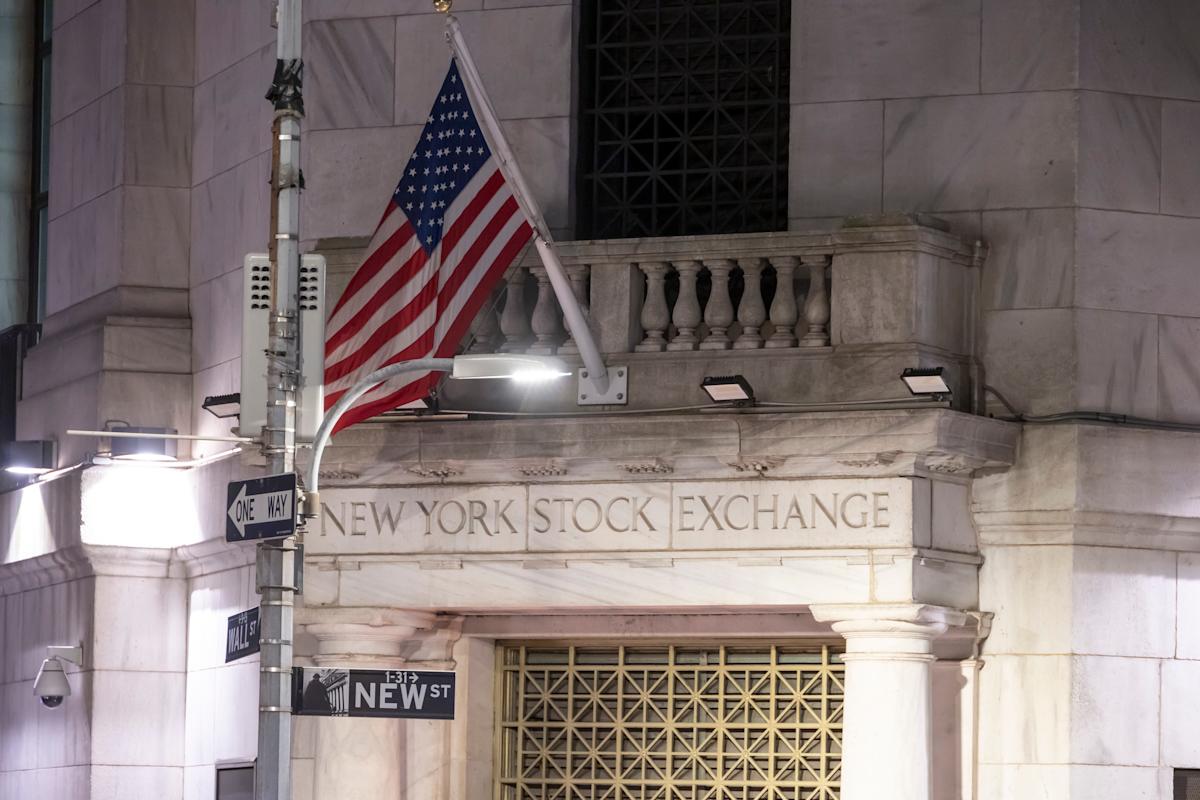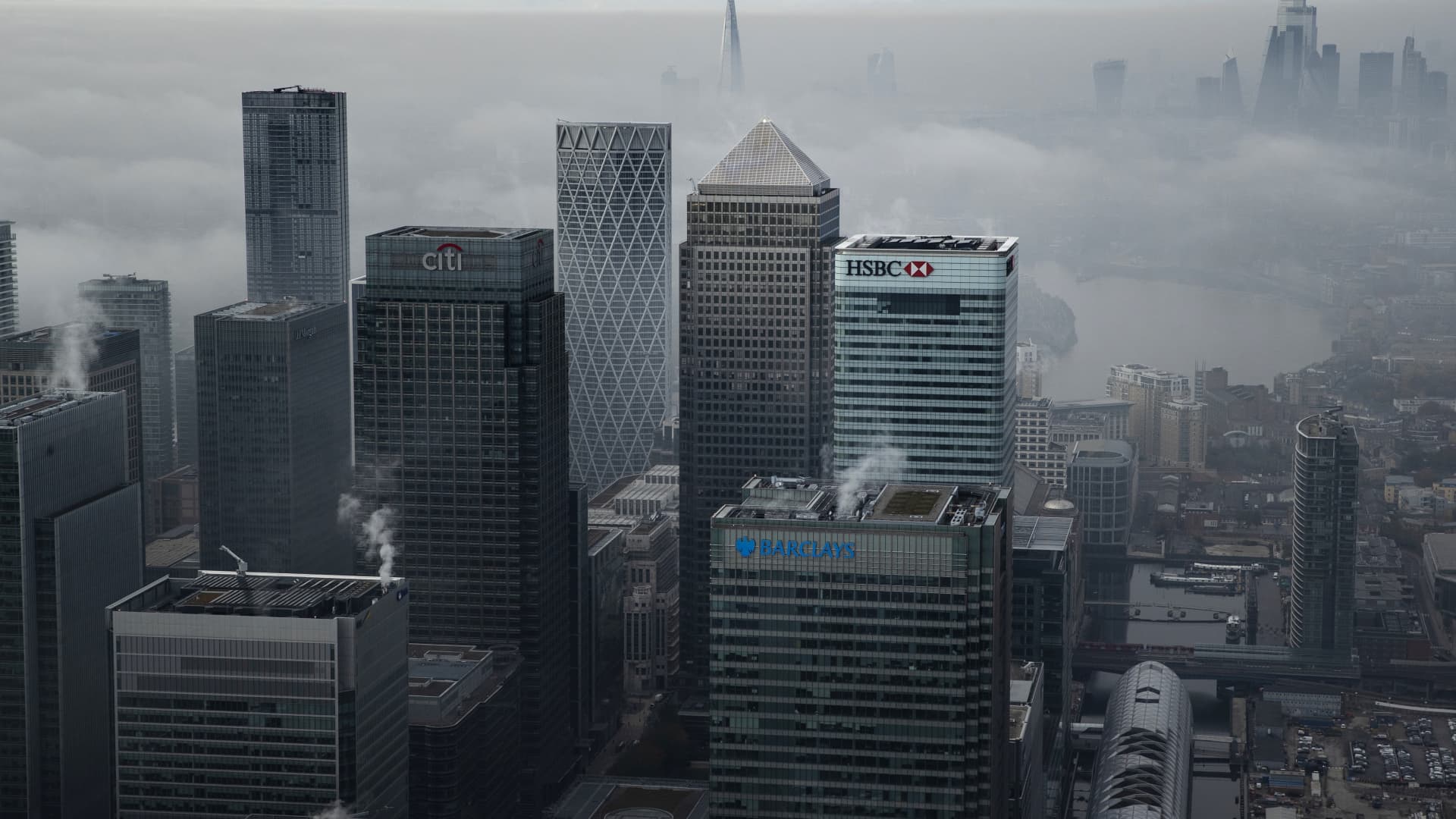By Lewis Krauskopf
NEW YORK (Reuters) – A banner year for U.S. stocks gets one of its last big tests with the coming week’s Federal Reserve meeting, as investors await the central bank’s guidance on interest rate cuts.
The Nasdaq Composite index breached 20,000 for the first time ever in the past week, another milestone for equities in a year during which the tech-heavy index has gained 32% while the S&P 500 has risen about 27%.
Expectations that the Fed will cut interest rates have supported those gains. But while the central bank is expected to lower borrowing costs by another 25 basis points next week, investors have moderated their bets on how aggressively policymakers will move next year due to robust economic growth and sticky inflation.
Bond yields, which move inversely to Treasury prices, have risen in recent sessions as a result, taking the benchmark U.S. 10-year yield to a three-week high of 4.38% on Friday. While stocks have pushed higher despite the rise in yields, the 10-year is approaching the 4.5% level some investors have flagged as a potential trip-wire for broader market turbulence.
“Anything that results in an expectation that maybe the Fed moves even more slowly from here than investors were expecting could create a little bit of downside for stocks,” said Jim Baird, chief investment officer with Plante Moran Financial Advisors.
The trajectory of monetary policy is closely monitored by investors, as the level of rates dictates borrowing costs and is a key input in determining stock valuations. Interest rate expectations also sway bond yields, which can dim the allure of equities when they rise because Treasuries are backed by the U.S. government and seen as virtually risk-free if held to term.
Fed fund futures indicated a 96% chance the Fed will cut by 25 basis points when it gives its policy decision on Wednesday, according to CME FedWatch data as of Friday.
But the path for rates next year is less certain. Fed fund futures are implying the rate will be at 3.8% by December of next year, down from the current level of 4.5%-4.75%, according to LSEG data. That is about 100 basis points higher than what was priced in September.
The Fed’s summary of economic projections released at the meeting will provide one indication of where policymakers see rates heading. Officials penciled in a median rate of 3.4% for the end of next year when the summary was last released in September.
One sign of potential support for a slower pace of cuts came from Fed Chair Jerome Powell, who this month said the economy is stronger now than the central bank had expected in September.


